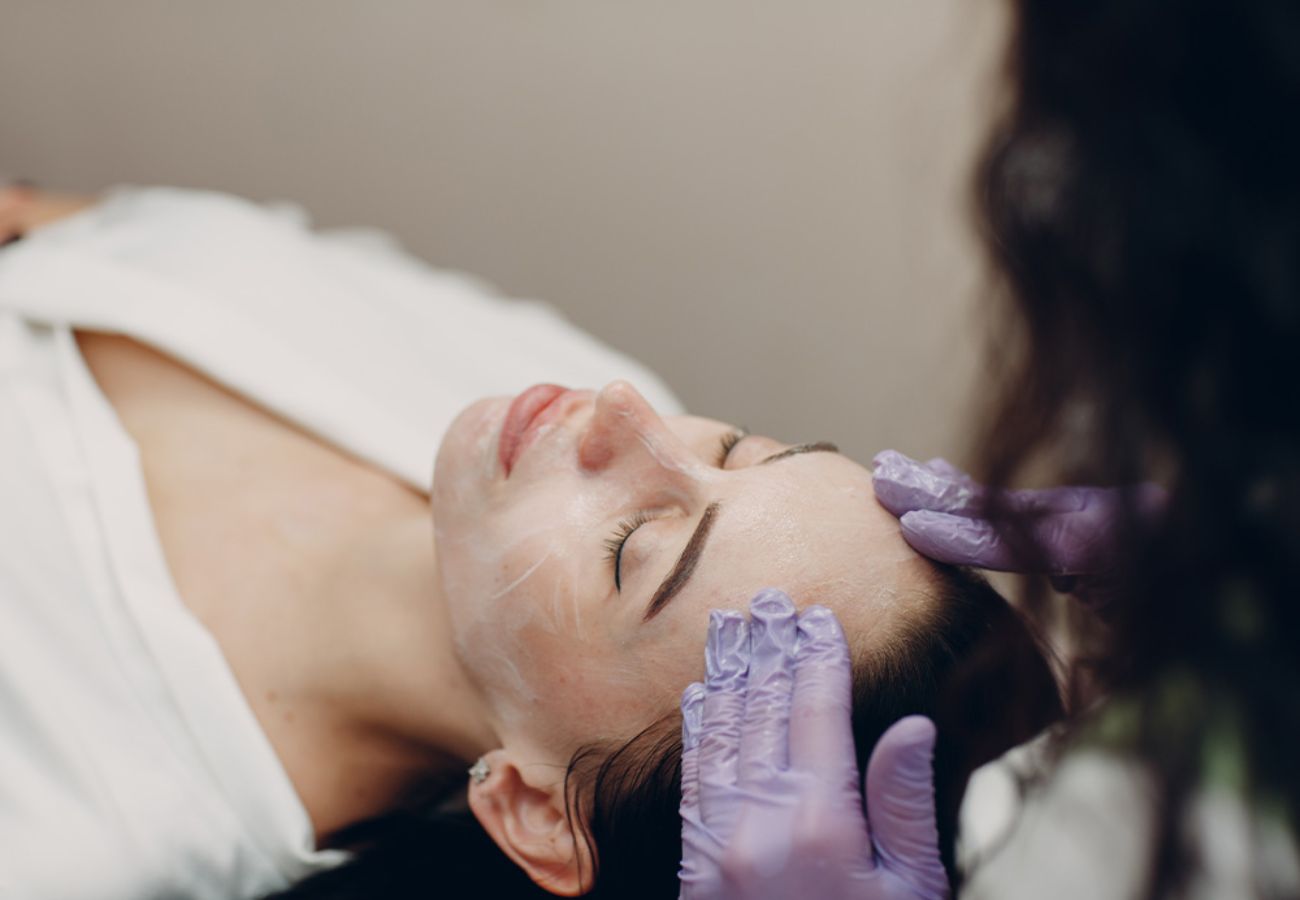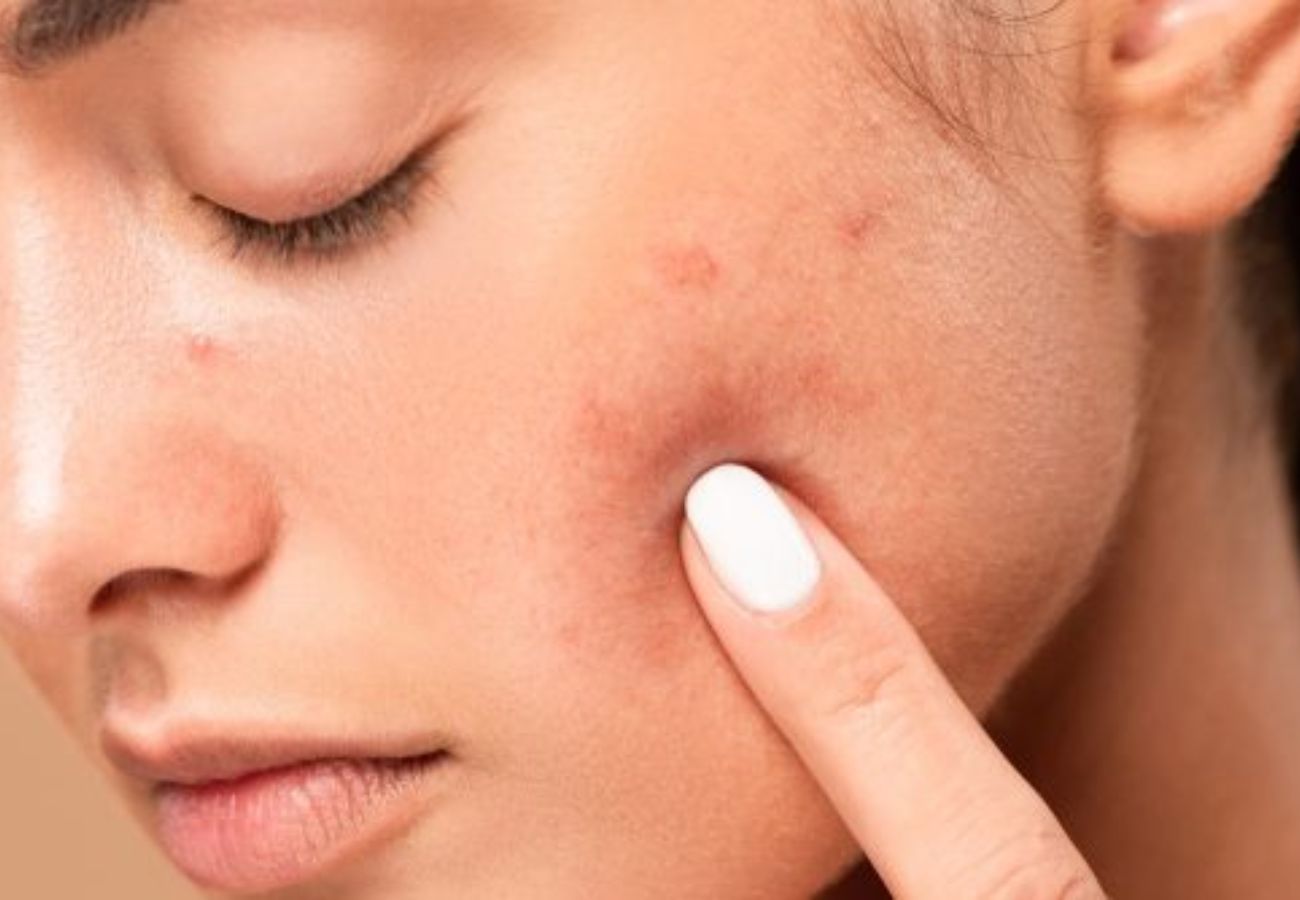
Is There An Accutane || Hair Loss Connection?
It depends!
Accutane’s active ingredient is isotretinoin, a synthetic form of vitamin A (retinoid derivative) that is used as a treatment for individuals with severe acne. It may be prescribed for other skin problems, including some types of cancer. Isotretinoin suppresses the hormones of the pituitary gland, sebum; an oily substance produced in the sebaceous glands. Once its production is reduced, acne is controlled. This medication, however, is not without its risks. Monthly liver enzyme tests are required during administration of the drug since it leads to an increase in the liver’s serum enzyme levels (liver aminotransferases) and to lipid changes. Isotretinoin is also associated with, high cholesterol, joint pain, depression, and heightened sensitivity to the sun.
That said, isotretinoin is an effective acne medication, that helps avoiding the long-term scarring of the skin, in addition to the emotional distress associated with severe acne.
Is there a connection between isotretinoin and hair loss? In some cases, the answer is, YES! The reason being that the same pituitary hormones that isotretinoin uses to suppress the sebum, also affects hair growth, by distressing both the hair shaft and follicle. The hair loss can be seen as either loss in hair health (thinning hair) or loss in quantity (hair fall).

In several studies conducted between 2011 and 2013, evidence of hair loss was presented in some Accutane users. But it was not enough to form a conclusive co-relation between the two; simply because the patient’s experiences were subjective to each individual case. Given that, Accutane dosage is tailored to each individual circumstance the results of its effects on hair were different. The drug works when the complete regimen is consumed over time, therefore the dosing can be administered in varying manners. It can be administered in increments over a longer timetable, lending to lower risk of experiencing its side effects.
Some hair loss was attributed to the prescription of very high doses of the drug. Patients opting for the higher dose protocol are at a greater risk of both temporary and long-term hair loss. Another factor linking the effects of Accutane on hair loss is the period within which the drug is administered. It has been scientifically proven that 25% of Accutane users will have an acne relapse within two years of the treatment. This encourages some acne sufferers to take a second round of treatment. Even taking a very low dosage of the drug for a longer period, led some patients to suffer long term side effects of hair loss.
The Accutane hair-loss connection is subjective. Everyone’s experience with the treatment will be different. If you are currently using Accutane and experiencing hair loss, yes, isotretinoin could be the culprit, in which case, please consult your physician.






